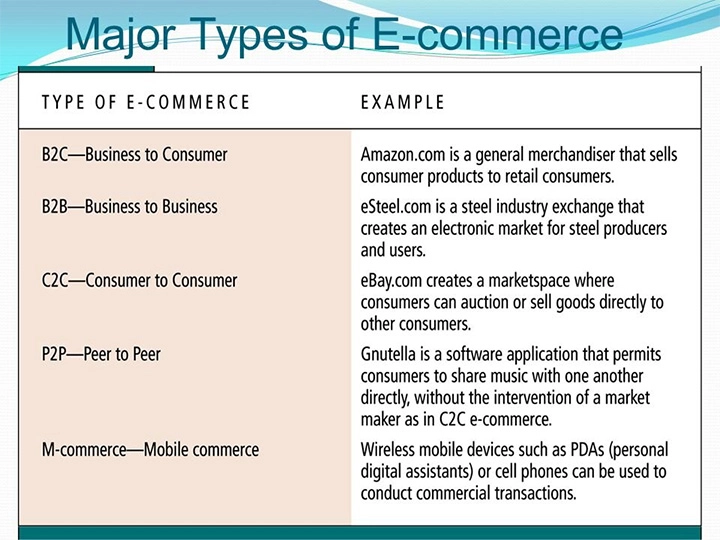Open Network for Digital Commerce | 07 Jul 2021
Why in News
The Department for Promotion of Industry and Internal Trade (DPIIT) has issued orders appointing an advisory committee for its Open Network for Digital Commerce (ONDC) project that is aimed at curbing “digital monopolies”.
- This is in the direction of making e-commerce processes open source, thus creating a platform that can be utilised by all online retailers.
- Earlier, the Ministry of Consumer Affairs released draft e-commerce rules for consumer protection which seek to bring changes to how e-commerce marketplaces, including Amazon and Flipkart, operate after small businesses complained that they misuse market dominance and deep-discounting to gain an unfair advantage.
Key Points
- About:
- The ONDC aims at promoting open networks developed on open-sourced methodology, using open specifications and open network protocols, independent on any specific platform.
- The project to integrate e-commerce platforms through a network based on open-source technology has been tasked to the Quality Council of India.
- Implementation of ONDC, which is expected to be on the lines of Unified Payments Interface (UPI) could bring various operational aspects put in place by e-commerce platforms to the same level.
- Various operational aspects include onboarding of sellers, vendor discovery, price discovery and product cataloguing etc.
- On ONDC, buyers and sellers may transact irrespective of the fact that they are attached to one specific e-commerce portal.
- Significance:
- If the ONDC gets implemented and mandated, it would mean that all e-commerce companies will have to operate using the same processes (like Android Based Mobile Devices).
- This could give a huge booster shot to smaller online retailers and new entrants.
- If mandated, this could be problematic for larger e-commerce companies, which have their own processes and technology deployed for these segments of operations.
- ONDC is expected to digitise the entire value chain, standardise operations, promote inclusion of suppliers, derive efficiency in logistics and enhance value for consumers.
- Meaning of Open-Source:
- Making a software or a process open-source means that the code or the steps of that process is made available freely for others to use, redistribute and modify it.
- For example, while the operating system of Apple’s iPhones (iOS) is closed source, meaning it cannot be legally modified or reverse engineered,
- Google’s Android operating system is open-source, and therefore it is possible by smartphone manufacturers such as Samsung, Xiaomi, OnePlus, etc to modify it for their hardware.
- Making a software or a process open-source means that the code or the steps of that process is made available freely for others to use, redistribute and modify it.
- Government Initiatives Regarding e-Commerce in India:
E-Commerce
- Electronic commerce or e-commerce is a business model that lets firms and individuals buy and sell things over the Internet.
- Propelled by rising smartphone penetration, the launch of 4G networks and increasing consumer wealth, the Indian e-commerce market is expected to grow to USD 200 billion by 2026.
- The Indian e-commerce industry has been on an upward growth trajectory and is expected to surpass the US to become the second-largest e-commerce market in the world by 2034.

